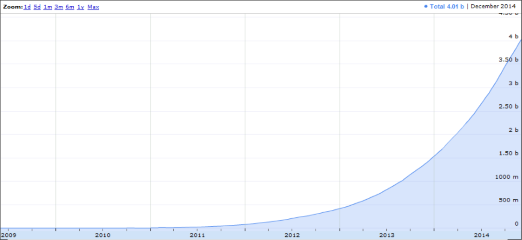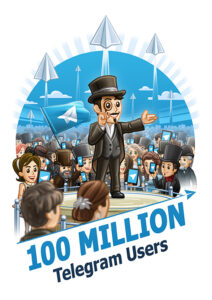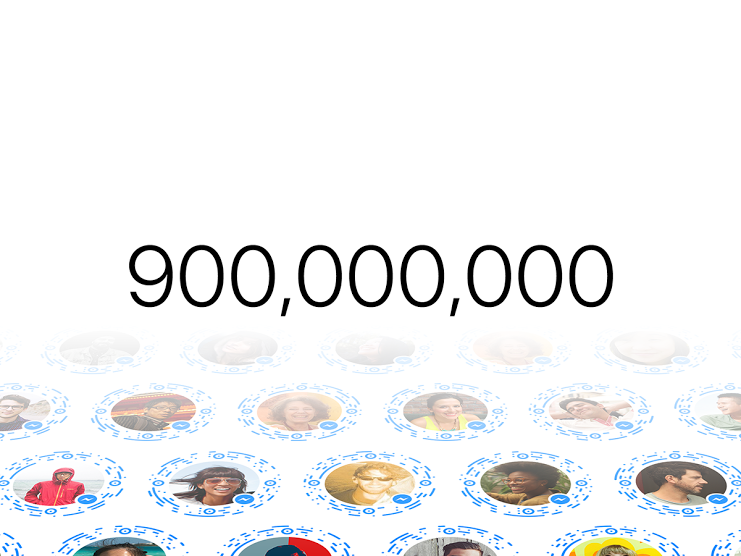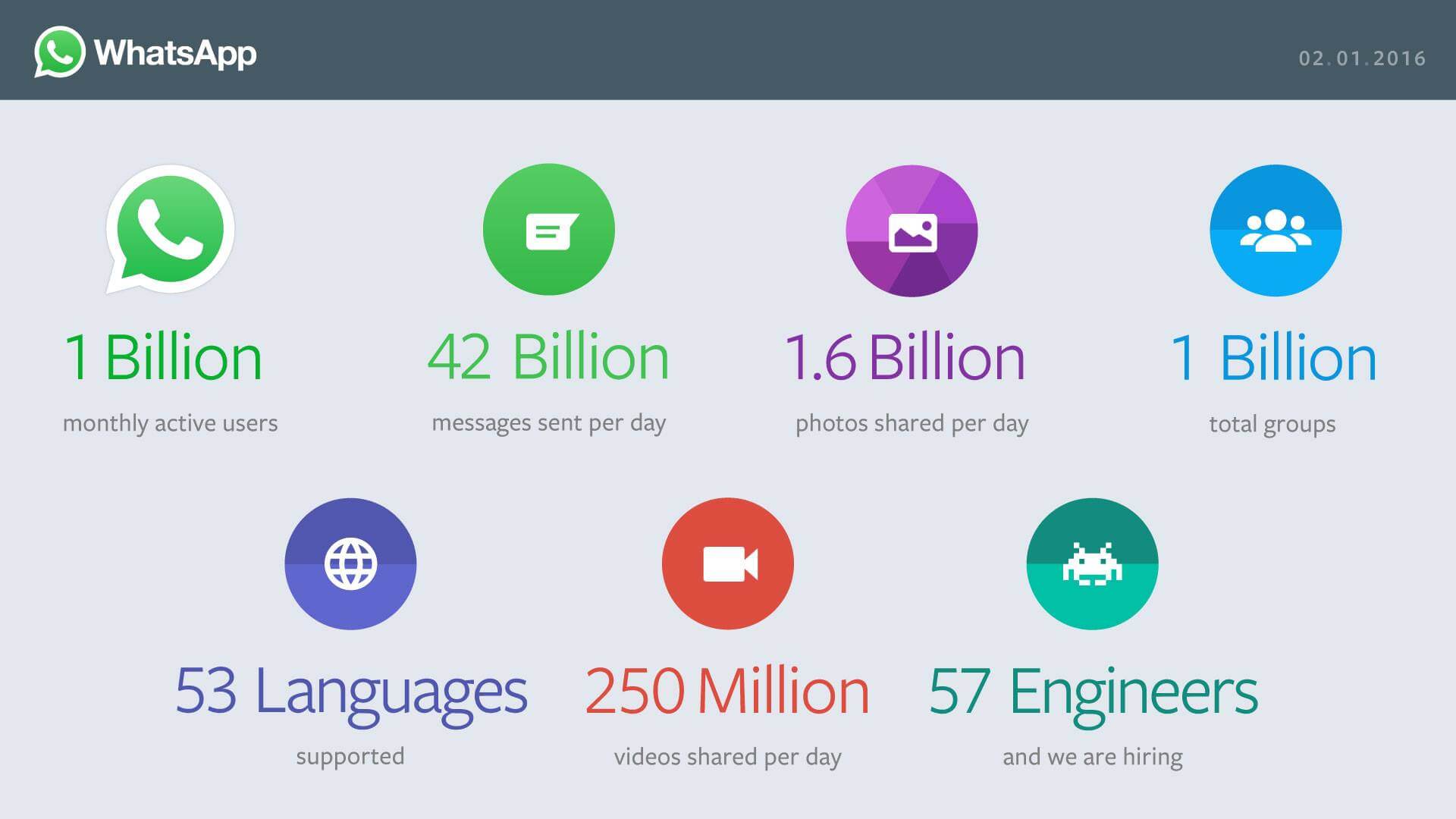When I spoke to Mike Cannon-Brookes, the co-founder of Atlassian, during AtlasCamp 2015 in Prague, I was a bit surprised that he wasn’t too afraid of classic B2C messengers as competitors for Atlassian HipChat.
I am pretty convinced that Slack as HipChat’s main competitor right now is way overhyped. The solution may have grown faster than HipChat in the past. I still think that Atlassian is in it for the long haul and with their existing strong presence in the enterprise they are in a very good position to win the battle. "Cloud" people seem to underestimate the advantage of an on-premise HipChat Server option, which Slack does not have.
No enterprise messengers can hope for a strong lock-in effect or network effects as companies can force employees to switch. That is a big threat especially for Slack.
In my opinion the bigger threat to HipChat and Slack is imposed by successful B2C messengers. Unfortunately the messenger apps do not share comparable metrics to assess the difference in growth and size.
Overview of metrics
| Service | Number of users (in millions) | Number of messages (per day in billion) | Date |
| 1,000 | 42 | Feb 2016 | |
| Facebook Messenger | 900 | undisclosed | Apr 2016 |
| Telegram | 100 | 15 | Feb 2016 |
| Slack | 2.7 | undisclosed | Apr 2016 |
| HipChat | undisclosed | 0,02 (approximation) | Nov 2015 |
This is what we have:
- HipChat had 4 billion sent messages in January of 2015 and 8 billion in November 2015.
- Slack has 2.7 million daily active users and 800,000 paid accounts.
- Telegram claimed to have 15 billion messages sent daily on February 23, 2016.
- Telegram has more than 100,000,000 monthly active users. 350,000 new users sign up each day.
- Facebook announced to have 900 million monthly active users.
Although these metrics do not use the same scale and are not in synch (date-wise) you can see that even Telegram, which is a fairly unknown messenger, is much much bigger in size than HipChat (and probably also Slack).
Another big advantage is that those offerings are free for companies. Especially this pricing argument is relevant for Slack which is largely adopted by smaller teams. The bigger companies get the more important security and privacy and with it on-premise deployment. Bigger companies are also often less price-sensitive.
What Telegram, Facebook Messenger and Whatsapp are missing out to HipChat and Slack is email notifications and proper @mentions. That’s not much to become a competitor, right?
Further information
HipChat in Large Enterprise: Tips and Tricks, Pitfalls and Threats, Project Elements
New customization options in Atlassian HipChat
Will Fleep Beat HipChat and Slack?







